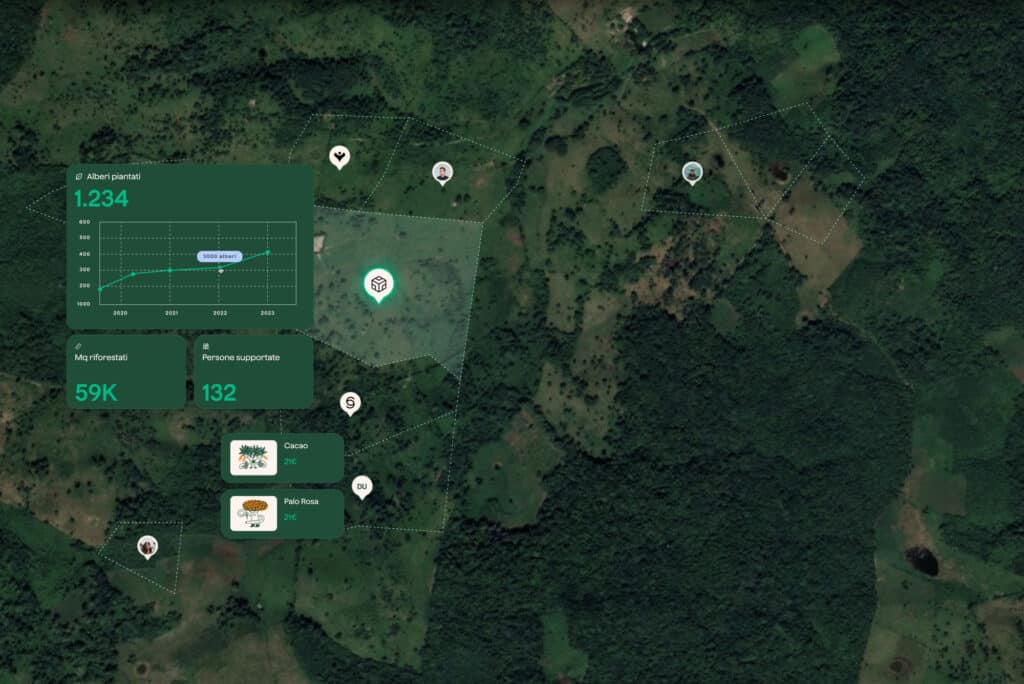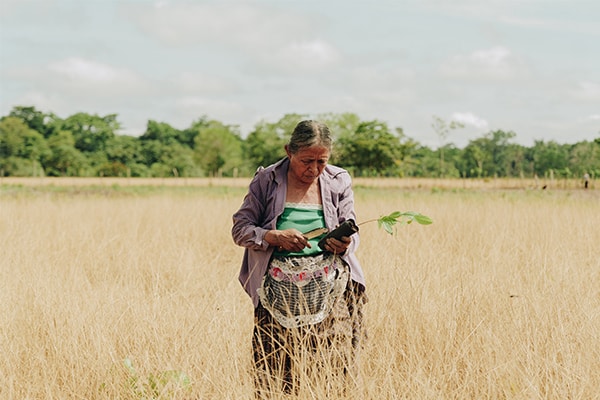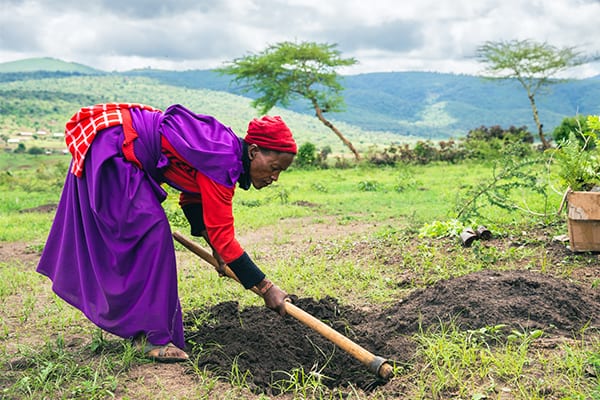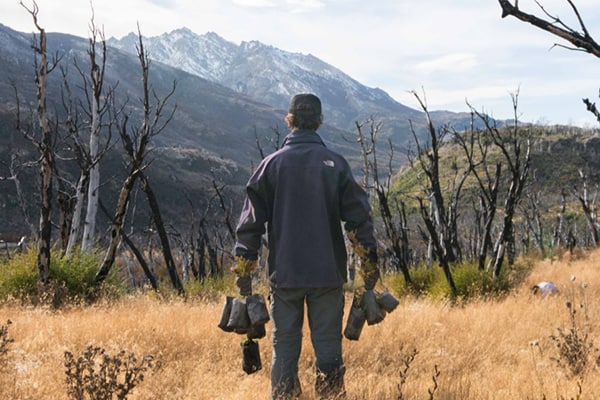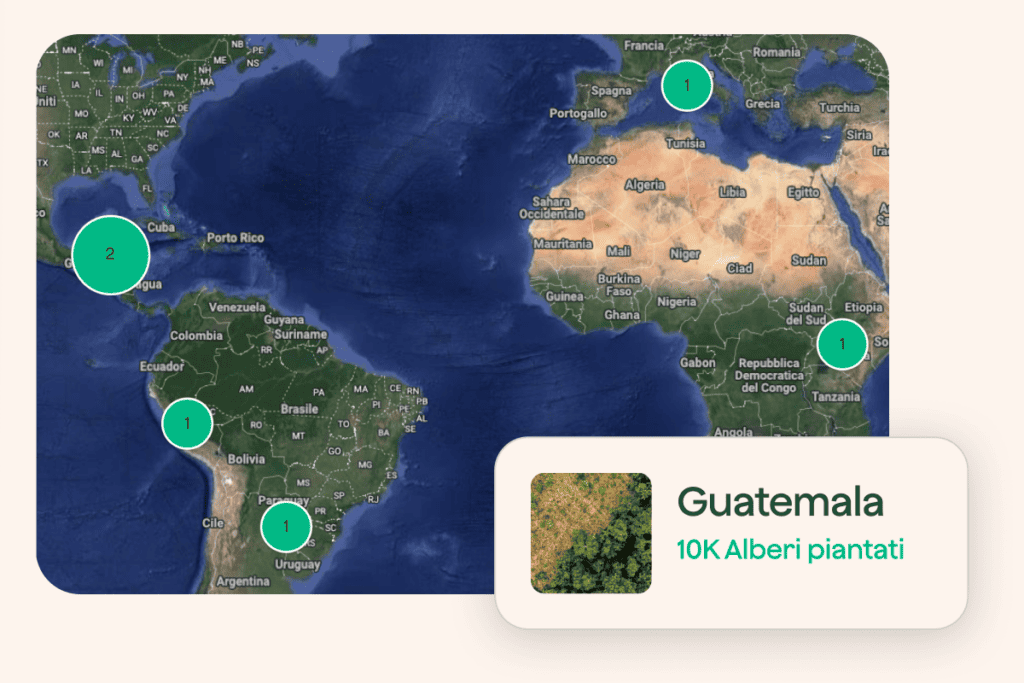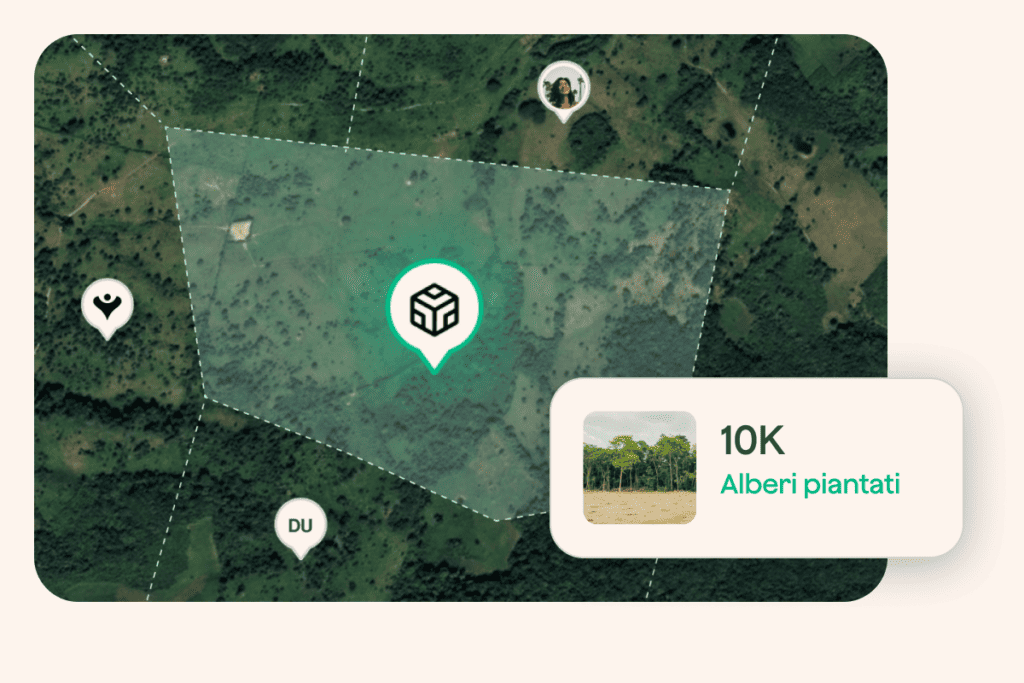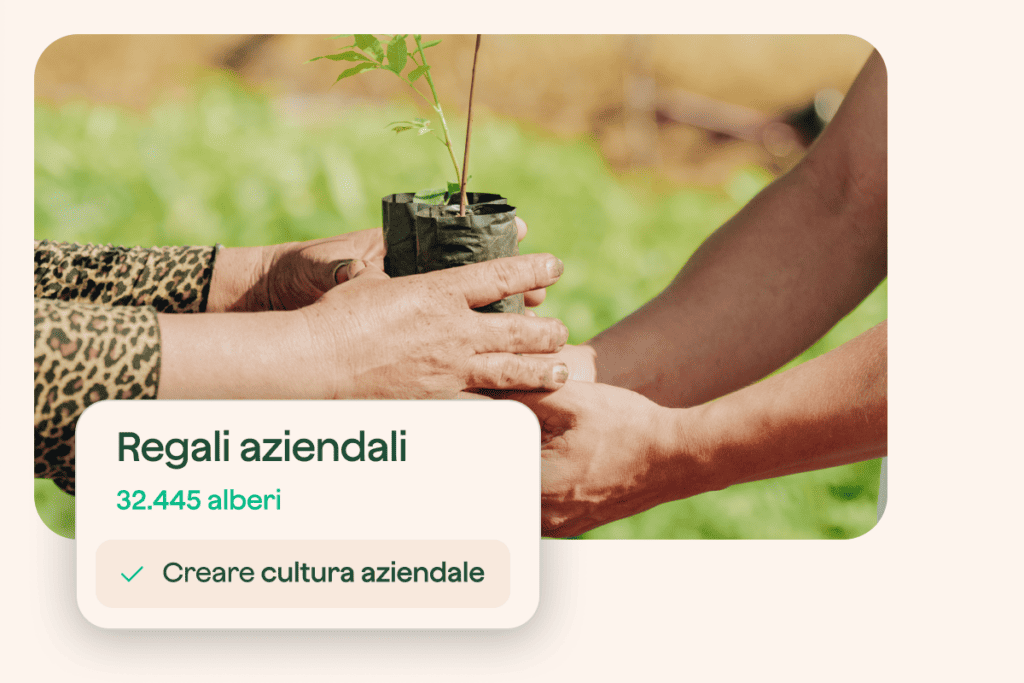A biofuel is a fuel – liquid, gaseous or solid – produced from organic matter such as alcohol used as fuel and produced from fermented sugar. Wood, grass and agricultural residues are some of the most common biofuels.
Interesting notes on biofuels
- Biofuels production still poses significant challenges whereby it is essential not to overly rely on these solutions to create a less impactful energy system;
- Monocrops dedicated to the production of biomass for biofuels, such as palm and soya, are among the primary causes of deforestation in the Global South to the benefit of markets in the Global North;
- Biofuels are a low-carbon solution which can be applied in sectors that are hard to decarbonise, such as transports.
Read more
Biofuels are divided into first, second and third-generation. First-generation manufactured biofuel is derived from grains, oilseeds, animal fats and waste vegetable oils. Second-generation biofuel uses non-traditional biochemical and thermochemical conversion processes and feedstock mostly derived from agricultural and forestry residues or municipal solid waste. Third-generation biofuel would be derived from feedstocks like
algae and energy crops by advanced processes still under development.
Second and third-generation biofuels are also referred to as advanced biofuels.
According to the Italian Alliance for Sustainable Development (ASviS), it would be beneficial to enhance the use of these advanced biofuels in aviation and shipping, which are sectors where emissions are particularly hard to abate, while restraining the use of first-generation biofuels in all other sectors. The reason for this recommendation is that imports of biofuels are often of fraudulent origin, imply deforestation practices in the exporting countries and produce significant volumes of carbon emissions, sometimes even greater than those generated by fossil fuels. To date, most biofuel production recurs to conventional feedstocks, such as sugar cane, corn and soybeans which bear a great impact on land-use, food prices and other environmental factors. Expanding biofuel production to advanced feedstocks is critical to minimize this harm. The proposal advanced by ASviS in response to the role of biofuels depicted by the newly updated National Climate and Energy Integrated Plan (PNIEC) is for the use of biofuels to be restricted to those produced by national selective waste collection, starting from 2025 and in any case under the cap of 1,7% of energy production.

